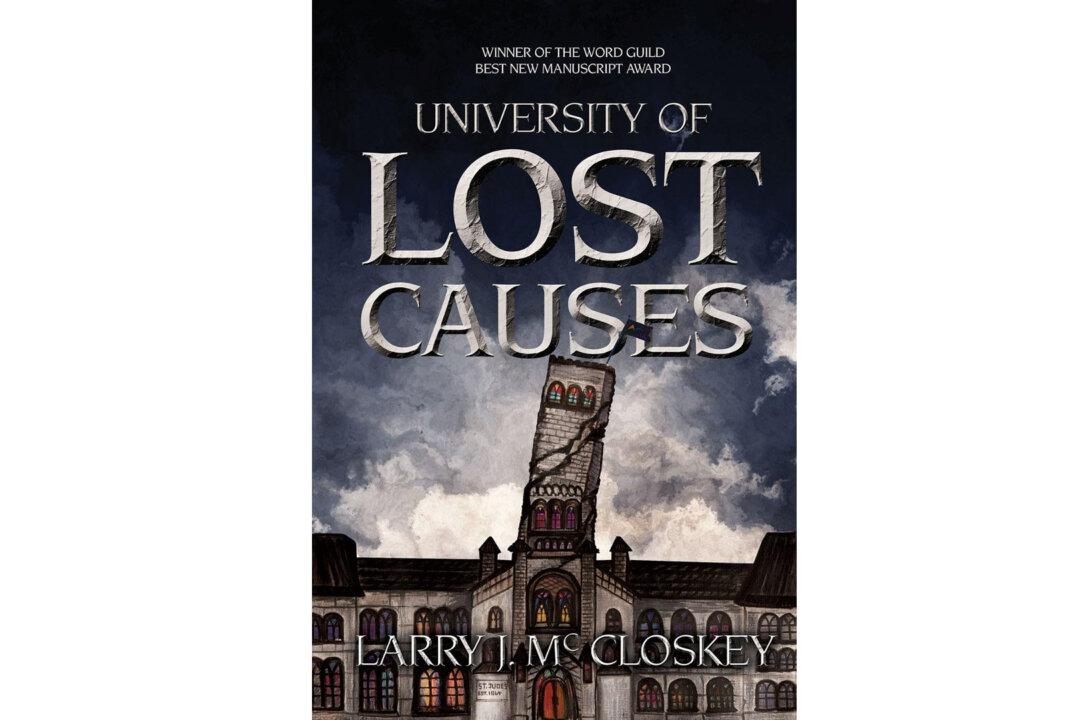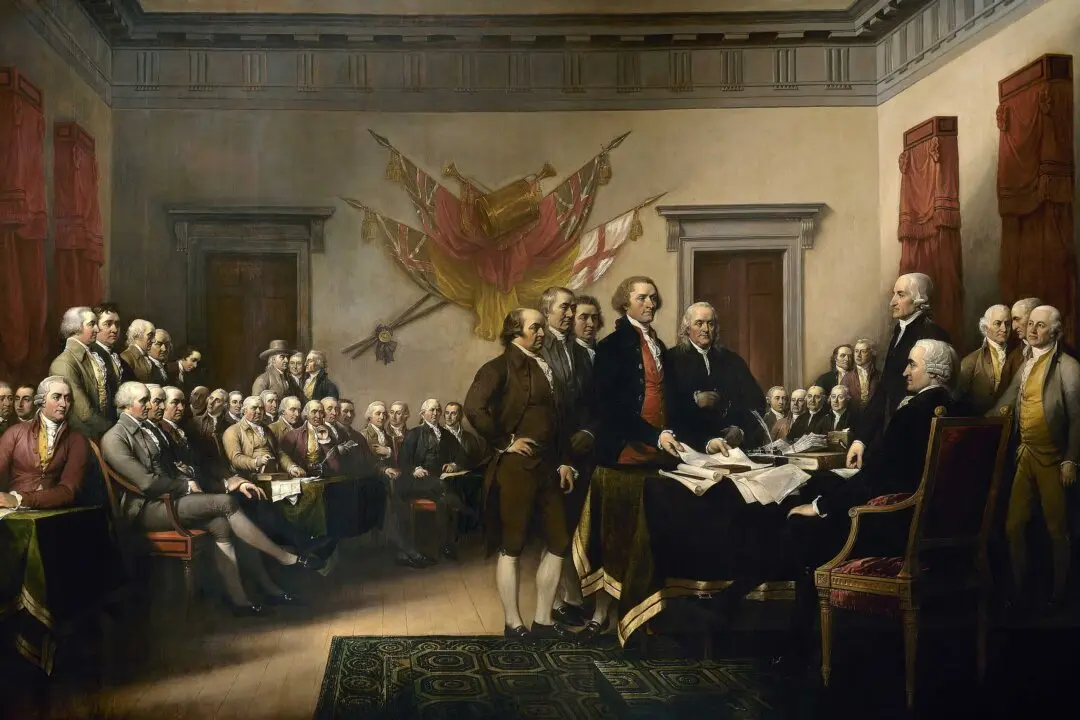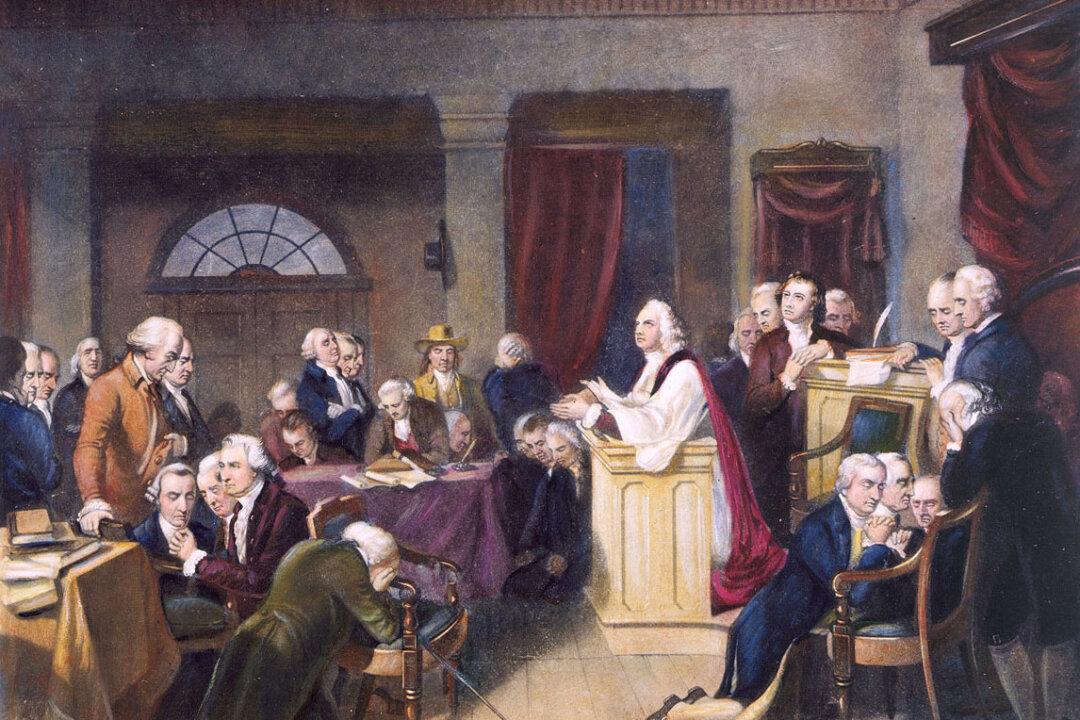Civil unrest and cultural politicization on university campuses today is ongoing, but author Larry J. McCloskey has managed to weave those happenings into a humorous storyline in his satirical new novel, “University of Lost Causes.” His book is to university culture what Joseph Heller’s “Catch-22” was to the contradictions of war and the military chain of command.
The book is written as a tongue-in-cheek farce on today’s hypersensitive college environment. McCloskey sets his story in the near future at St. Jude’s University, a fictional New England school striving to become the world’s most progressive institution of higher learning. The institution is named for the Catholic saint of lost or hopeless causes. But this school is a thoroughly secular institution that worships at the altar of utopian ideals. Here, we have a big dose of diversity, equity and inclusion, intersectionality, and nonsensical contradictions, such as mandating electric cars without the ability to charge them.






